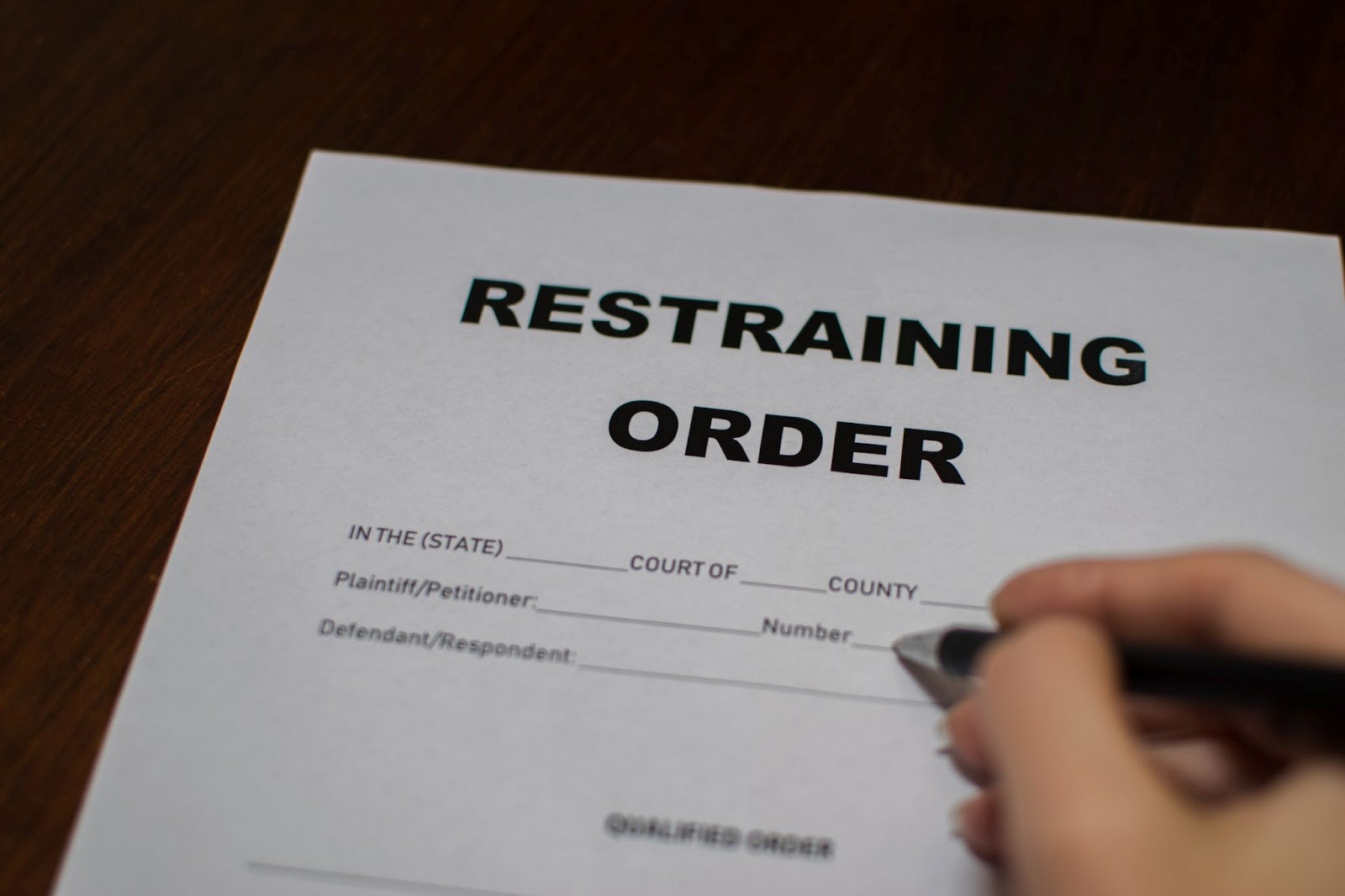Being charged with common assault can be confronting. Even though the word “common” may suggest something minor, the reality is that this charge can carry serious legal consequences, including a criminal record, loss of employment, and in some cases, jail time.
If you have been charged with common assault in Queensland, you might be wondering what the charge actually means, what penalties you could face, and what steps you should take next.
What Is Common Assault in Queensland?
Common assault is one of the most frequently laid assault charges in Queensland. It is defined under section 335 of the Criminal Code Act 1899 (Qld).
You can be charged with common assault if you:
- Strike, touch or apply force to another person without their consent
- Threaten to do so, causing the person to fear immediate violence
Importantly, injury does not need to occur. Common assault is about the act of force or the threat of it, not the result. Examples may include:
- Pushing or shoving someone during an argument
- Raising a fist in a threatening way
- Slapping someone
- Grabbing someone by the arm
- Verbal threats accompanied by aggressive behaviour
It is a charge that can arise in many situations, including fights in public, heated arguments at home, or even misunderstandings that escalate quickly.
How Is Common Assault Different from Other Assault Charges?
In Queensland, there are various types of assault charges, each carrying different levels of seriousness. Common assault is generally considered less serious than charges such as:
- Assault occasioning bodily harm
- Serious assault (often involving police, public officers, or vulnerable people)
- Grievous bodily harm
What makes common assault different is that it does not involve lasting injury. However, this does not mean it is treated lightly. The courts still take it seriously, especially where the assault happened in a public place, involved a partner or family member, or was committed while intoxicated.
What Are the Penalties for Common Assault?
The maximum penalty for common assault in Queensland is three years of imprisonment. However, the sentence you receive depends on a range of factors, including:
- The circumstances of the offence
- Whether it involved a domestic relationship
- If it happened in public or near children
- Whether you have a prior criminal history
- Your level of remorse and whether you have taken steps to address your behaviour
In many cases, courts may impose alternative penalties such as:
- A fine
- A good behaviour bond
- Probation
- A community service order
However, jail time is possible, especially if the offence involved repeat behaviour, aggravating factors, or a breach of trust.
Will I Have to Go to Court?
Yes. Common assault charges are dealt with in the Magistrates Court. After being charged by police, you will be given a court date, usually your first appearance.
You will need to decide whether to plead guilty or not guilty. Either way, it is essential to get legal advice before going to court. Your lawyer can help you:
- Understand the case against you
- Explore any legal defences available
- Negotiate with police prosecutors
- Make submissions to minimise your penalty if you plead guilty
- Represent you in court if the matter proceeds to a hearing
Can I Defend a Common Assault Charge?
Yes. Depending on the evidence and circumstances, there may be strong legal arguments in your favour. Common defences to assault charges include:
- Self-defence, if you were defending yourself or someone else
- Accident, if the contact was unintentional
- Consent, in rare cases where the other person agreed to the contact
- Lack of intent, if you did not mean to apply force or cause fear
- Factual dispute, if the incident did not happen as described or at all
An experienced criminal lawyer can help identify whether a defence applies in your case and how best to present it in court.
What Are the Long-Term Consequences of a Common Assault Conviction?
Even if you avoid a jail sentence, a conviction for common assault can affect you in many ways, including:
- A criminal record that shows up on background checks
- Difficulty getting or keeping a job, especially in roles involving security, healthcare, or education
- Restrictions on international travel, as some countries such as the United States may deny entry
- Impact on family law matters, especially where parenting is involved
- Loss of licences or accreditations depending on your profession
That is why it is important to seek legal representation, even if you think the charge is minor or likely to go away.
What Should I Do If I Have Been Charged?
If you have been charged with common assault, do not wait until your court date to take action. Early legal advice can make a significant difference to your outcome.
Here is what you should do:
- Do not speak to police without a lawyer present
- Avoid contact with the other party involved in the alleged incident
- Contact a criminal defence lawyer as soon as possible
- Gather any evidence, such as messages, witness names, or CCTV, that may support your case
- Attend all court dates and follow any bail conditions strictly
How Rana Lawyers Can Help
At Rana Lawyers, we specialise in criminal defence, and we have helped hundreds of Queenslanders respond to assault charges just like yours. Based on the details of your matter, we can:
- Advise you on whether to plead guilty or not guilty
- Examine the police evidence for weaknesses or inconsistencies
- Represent you in court and protect your legal rights
- Advocate for a reduced charge or a non-conviction outcome where appropriate
- Support you throughout the process with clear, honest legal advice
We know how overwhelming it can be to face criminal charges. Our job is to help you get through it with the best possible result and a plan for moving forward.
Common Assault Is Serious, But You Have Options
A common assault charge can have serious consequences, both legally and personally. But it does not mean your life is over. With the right legal support, you can challenge the charge, protect your record, or minimise the impact of a conviction.
Contact Rana Lawyers today for experienced, confidential legal advice. We will listen to your side and help you take the next step with confidence.












